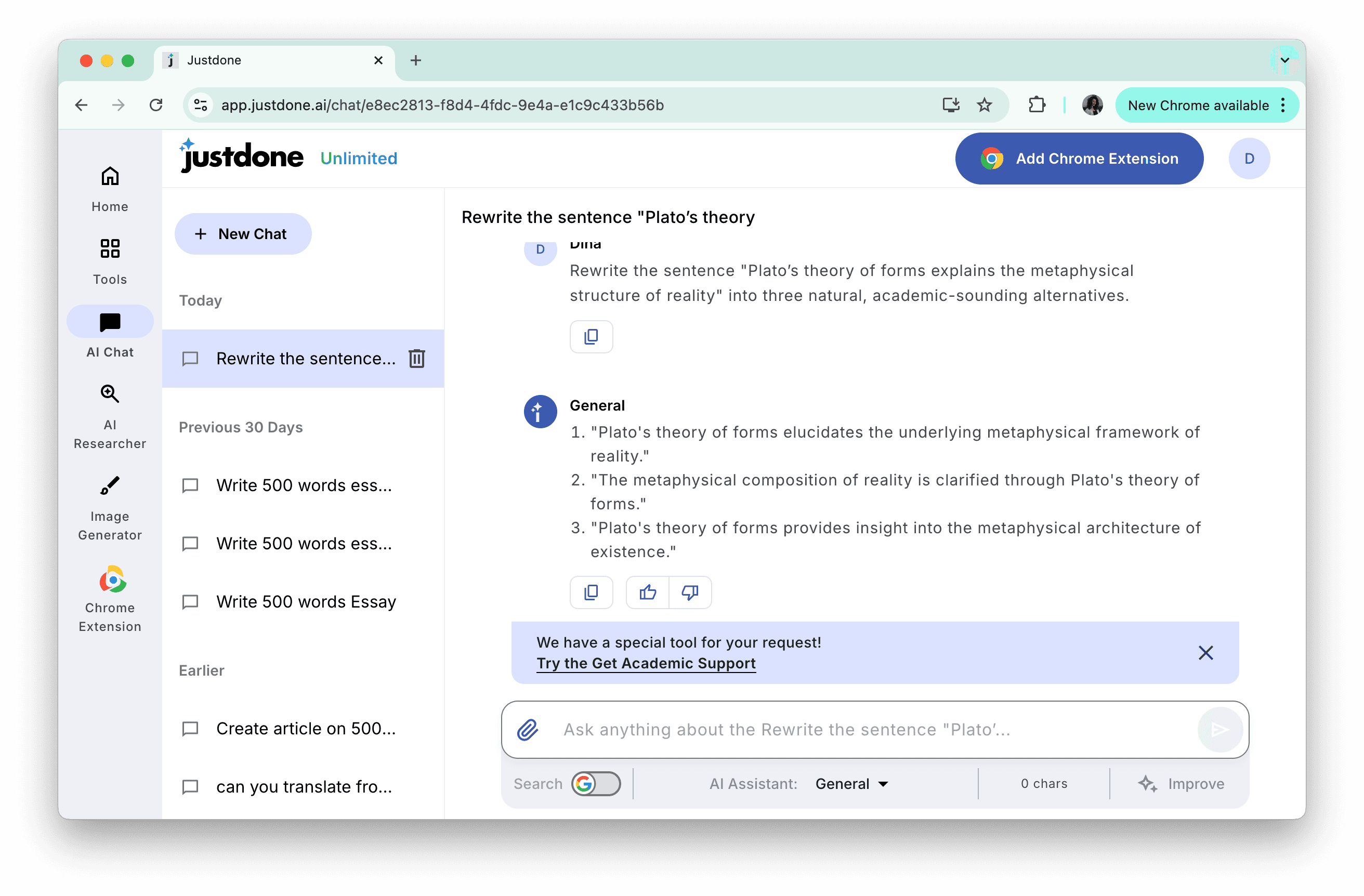There’s something timeless and magnetic about writing a novel. It’s more than putting words on a page; it’s building worlds, shaping characters, and expressing your unique voice. But if you’re just starting out, the idea of writing an entire book can feel overwhelming. Where do you begin? What makes a novel a novel? In this guide, I’ll walk you through the essentials: what a novel is, what you need to start writing one, and how to stay on track through the messy middle. Along the way, I’ll share a few tools, including how JustDone AI paraphraser can be your silent co-author when things get tricky.

What is a Novel
A novel is a long-form work of fiction, typically more than 40,000 words, that delves into characters, plots, conflicts, and themes over the span of a full-length story. What separates a novel from a short story or novella isn’t just word count but the depth it allows. A novel provides room to explore subplots, complex character development, and emotional arcs that evolve over time. Novels can be found across every imaginable genre (romance, fantasy, science fiction, literary fiction, young adult, thriller), and each one may follow a narrative arc that includes exposition, rising action, climax, falling action, and resolution.
When I first began writing fiction, I felt intimidated by the scope of a novel. I didn’t know where to begin. But once I understood that all I needed was an idea and a willingness to sit down and write, it became less daunting. Even now, I use JustDone’s AI paraphraser when I'm stuck rewording scenes or refining awkward phrasing. It's a powerful way to keep moving when writer’s block tries to slow me down.
What You Need to Start Writing a Novel: Tools and Mindset
Starting a novel doesn’t require a literary degree or a writer’s retreat in the mountains. What it takes is intention, consistency, and a bit of strategy. The first thing you need is a spark, an idea, even if it’s half-formed. It could be a what-if question, an intriguing character trait, or a setting that inspires you. Next, you’ll want to create a writing habit. Whether you commit to 300 words a day or schedule a few focused sessions a week, the key is to build momentum through routine.
Outlining can also provide structure. It doesn’t have to be rigid; think of it as a GPS that allows detours but keeps you headed toward a destination. When I struggle to connect scenes or develop subplots, I use JustDone. It helps me transform scattered ideas into organized sections and suggests transitions I might not have thought of.

How to Start a Novel That Grabs Attention
When you sit down to write your novel’s opening, resist the urge to explain everything right away. The best openings drop the reader into a moment of tension or conflict, something that makes them ask, “What’s going to happen next?” That doesn’t mean every novel has to begin with a car chase, but you should aim to create some narrative friction right away. Introduce your tone and voice early. Whether your style is witty, dark, lyrical, or sparse, the beginning should give a taste of what’s to come.
Avoid dumping information all at once. Instead, reveal your world and characters gradually. Trust that readers are smart and enjoy the mystery of piecing things together. And most importantly, write for yourself first. Your first draft is not a final product; it's raw material. Don’t let the need for perfection stop your momentum.
What Makes a Great Novel? Core Elements Explained
A novel’s greatness is hard to define and highly subjective, but certain elements show up again and again in beloved books. One of the most important is believable characters. They don’t have to be likable or heroic, but they should feel like real people, full of contradictions and capable of change. Characters are the emotional core of most novels.
Next is a compelling plot. The plot doesn’t have to be filled with explosions and twists, but it should move forward. Every chapter should deepen the conflict or reveal something important. Your voice, the tone, rhythm, and vocabulary you use are also crucial. It gives your novel a unique fingerprint. Some writers are poetic, others blunt and funny. There’s no one right way.
A strong novel also has a theme, even if the writer didn’t set out with one. What does your book say about love, loss, freedom, identity, power? That lasting impression is what readers carry with them.
This is also where JustDone’s AI humanizer becomes essential. If a scene or chapter lacks clarity or sounds robotic, the paraphrasing tool helps reframe the content while preserving your voice. It’s like having a creative writing partner who sharpens your ideas without dulling your personality.

A Step-by-Step Roadmap to Begin Writing a Novel
Let’s say you’ve got an idea and want to make progress. Start by writing down everything: characters, dialogue snippets, potential scenes, or even just questions. Don't worry about order. Ask yourself: what if? Many great novels grow from a single what-if scenario. Once you have some raw material, try writing a one-sentence summary of your book. It should capture the essence of your story and help keep you focused.
From there, begin drafting your first scene. It doesn’t have to be the chronological beginning; start wherever the energy is strongest. Maybe it’s a confrontation, a dream, or the moment everything changes. Keep track of your writing sessions. Whether you use a spreadsheet, a notebook, or a mobile app, tracking your word count or chapters written helps you stay accountable and gives you something to celebrate.
How to Get Unstuck When Writing Your Novel
Every writer hits walls. Whether it's a scene that won’t come together or a chapter that feels flat, getting stuck is part of the creative process. What matters is how you respond. First, take a breath. Step away if needed. Read a book in your genre. Go for a walk. Then, come back with fresh eyes.
When that’s not enough, turn to smart tools. JustDone’s AI rewriting feature lets you reshape difficult passages without losing your tone or intent. Maybe your dialogue sounds stiff, or your pacing is off – rewriting with AI gives you options to work from instead of starting over.
Writing is tough. That’s why having a reliable writing assistant makes the journey smoother. It won’t write your novel for you, but it will help you keep going when the process gets rough.
Conclusion: The Best Time to Write Your Novel Is Now
Too many aspiring writers wait for the perfect time – a vacation, a retreat, a quiet life moment. But novels don’t come from perfection. They come from persistence. You don’t need to have every chapter outlined or know how the book ends. What you need is to begin.
Remember that your story is worth telling. Your voice matters. You’ll improve by writing, not by waiting. And with tools like JustDone to take care of awkward phrasing, formatting headaches, or writer’s block fixes, you’re never truly alone in the process.
Now’s the time to start. Even a few words today put you closer to finishing your novel tomorrow. So grab your idea, open your document, and write the first sentence. Everything else will follow.